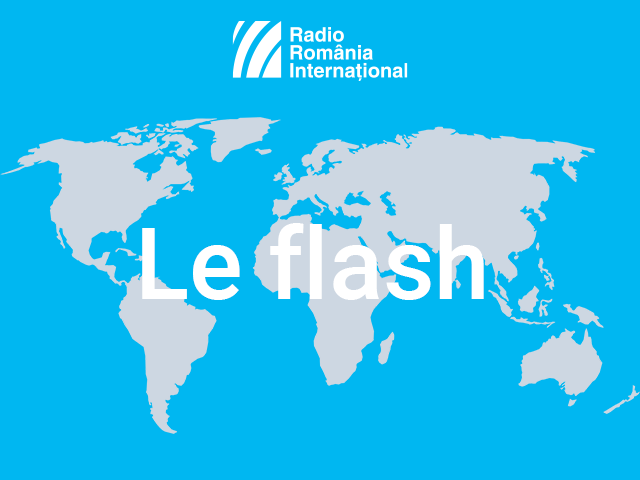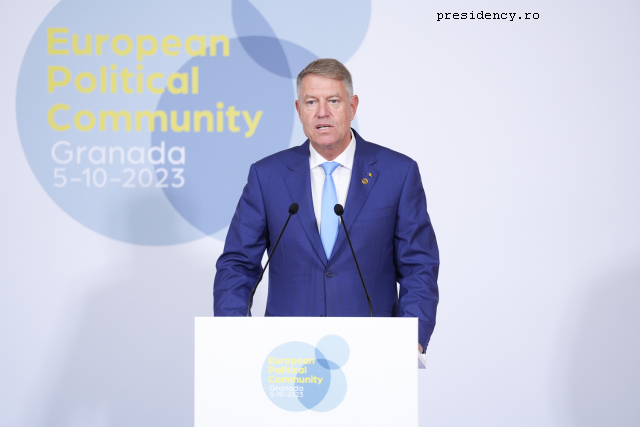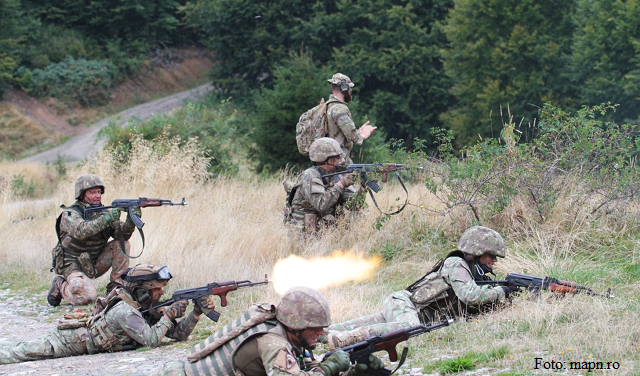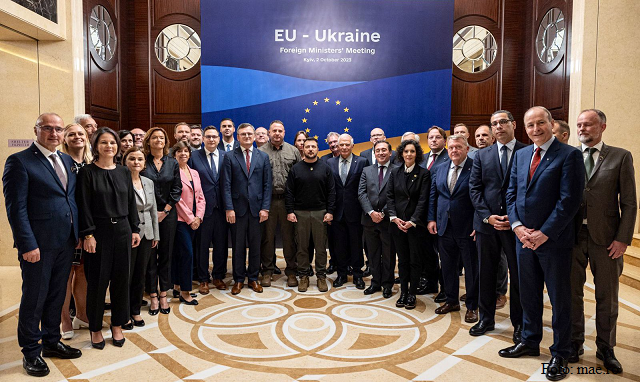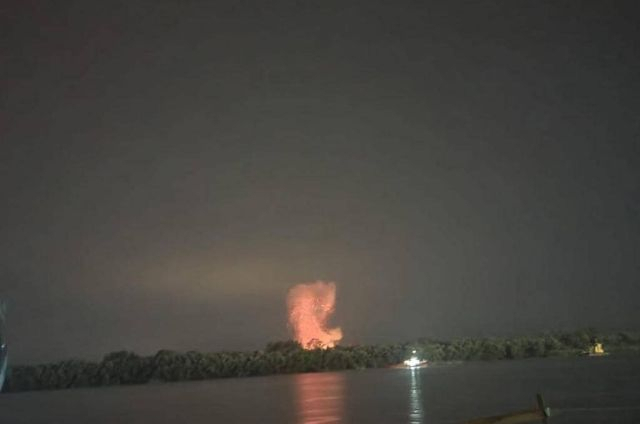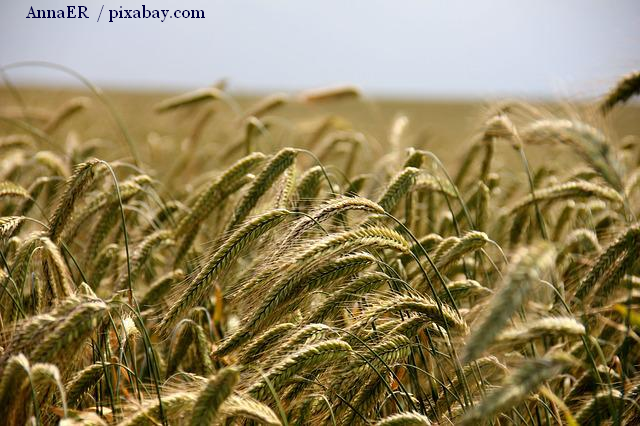PILGRIMAGE – The annual pilgrimage
to the relics of Saint Parascheva, the largest religious pilgrimage in Romania,
started Saturday morning in Iasi, eastern Romania. The feast of St. Parascheva
is celebrated every year on October 14. People go to pray at the Metropolitan
Cathedral in Iaşi, where the relics are kept. The coffin carrying the Saint’s
relics was taken out of the Metropolitan Cathedral early Saturday and placed on
a large table decorated with flowers in the cathedral’s courtyard. Tens of
thousands of believers from Romania and abroad take part in this annual
pilgrimage.
ATTACK – Israel and the Gaza Strip are
at war again, after the Hamas group on Saturday launched a surprise military
offensive, firing thousands of rockets and infiltrating fighters into the
Israeli territory. Previously, the leader of the armed wing of the Palestinian
movement had announced the launch of Operation Al-Aqsa Flood. The attack, that
made numerous victims, attracted many international reactions, including from
Romania, which firmly condemned it. Our thoughts go to the families of
the victims and to those who are attacked, President Klaus Iohannis wrote
on Twitter. The State of Israel will win every time in the face of terror
and those who try to destroy it, the president of the Federation of
Jewish Communities in Romania, MP Silviu Vexler, said. The Romanian Foreign
Affairs Ministry emphasized the sovereign right of the state of Israel to
self-defense. At the same time, the ministry raised the travel alert level for
Israel, Romanians being advised to reschedule their trips to the area or, if
they are already there, to follow the instructions of the local authorities,
take shelter in buildings and leave the country when the situation allows it.
Prime Minister Marcel Ciolacu said that the Romanian authorities are looking
for solutions to bring home as quickly as possible approximately 790 Romanians
who are on pilgrimage to Israel.
WAR – The armed branch of the
Palestinian group Hamas stated, on Saturday evening, that its fighters are
still engaged gun battles in 25 locations in Israel. According to the Israeli
authorities, at least a hundred people were killed by the Palestinian fighters
who entered the country. In the Gaza Strip, the response of the Israeli army
has allegedly caused about 200 deaths and over 1,600 wounded, according to the
Ministry of Health of the so-called Hamas administration. Under the cover of
thousands of rockets, Palestinian militants infiltrated Israel using
motorcycles, paragliders and boats. The Israeli radio reported that 35
Israeli soldiers were kidnapped and taken to Gaza. According to Radio Romania’s
correspondent in Israel, Prime Minister Benjamin Netanyahu said in a video
message that his country is at war.
VISIT – Romania’s President, Klaus
Iohannis, discussed, on Saturday, in Lisbon, with his Portuguese counterpart,
Marcelo Rebelo de Sousa, about the war in neighboring Ukraine, in which context
he thanked the Portuguese authorities for their country’s substantial
contribution, with troops, to the consolidation of NATO’s deterrence and
defense posture on the eastern flank. The presence of the Portuguese
military in Romania is a strong signal of Portugal’s solidarity with and
support for the consolidation of Romania’s security, President Iohannis
said. Talks also focused on the increased security risks in the Black Sea
region, as a result of the numerous Russian attacks on the Ukrainian ports on
the Danube, aimed to impact Ukraine’s ability to export its agricultural
products Iohannis said, adding that additional defense measures were taken
through NATO and that the protection of the Romanian territory and citizens is
ensured.
BUDGET
– This autumn’s budget revision will take place after the Constitutional Court
rules on the fiscal-budgetary measures for which the Government has recently
assumed responsibility, PM Marceal Ciolacu said. He specified that the budget
revision is urgent, because the Ministry of Transport in particular needs
substantial sums for the co-financing of large infrastructure projects, given
that the Executive’s priority is to absorb more than 95% of the European funds.
The Romanian PSD-PNL ruling coalition assumed responsibility, in Parliament,
for a thorough fiscal-budgetary reform, with the purpose of reducing budget
spending and ensure the long-term sustainability of the country’s finances. A
part of the opposition is against the new measures and notified the Constitutional
Court.
PARIS – Romania’s national rugby team
will play, on Sunday, October 8, against Tonga, in Lille (north), their last
match in Group B of the World Cup in France. In the first three games, Romania
lost to Ireland, South Africa, and Scotland.
(EE)

